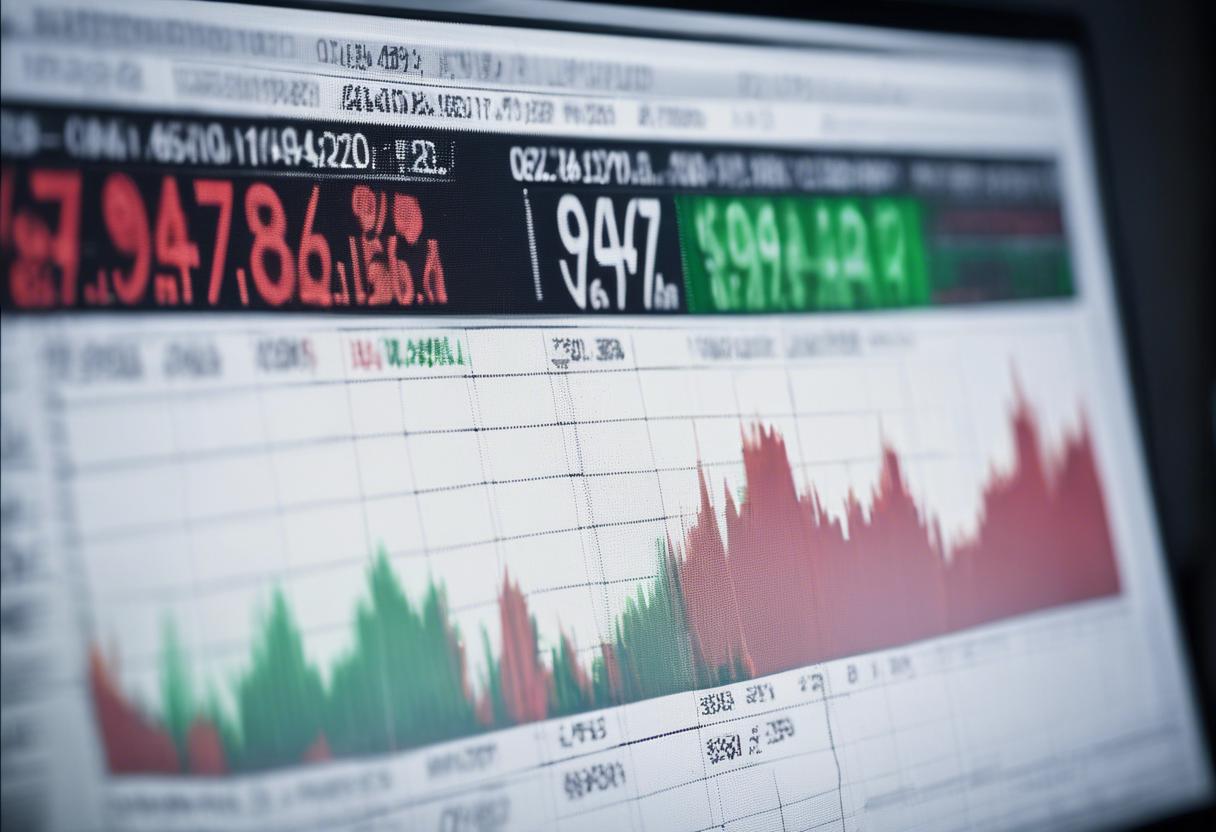The upcoming US presidential election in November has everyone on their toes about who will triumph, however, stock prices suggest that the ambiguity isn’t unsettling the financial market investors.
Their indifference is mirrored in Duke University’s latest quarterly CFO poll. Participants were inquired about their leading anxieties; the US election only constituted 4% of the concerns shared. This rank is significantly declined compared to fears about monetary regulations, the quality of the workforce, and inflation, and is equated to subjects such as non-workforce expenditure and regulatory controls.
This nonchalance would be expected if the political stances of both contenders were alike, but that’s not the case. This election, as inferred by JPMorgan’s Michael Cembalest through data, is extraordinarily divided based on the ideological difference between the nominees.
Cembalest refers to Donald Trump’s plan of executing a 60% tariff on goods imported from China and a 10% tariff on all other international imports.
Consequently, Irish economist Michael O’Sullivan, ex-Credit Suisse, anticipates a trade war could kick off Trump’s second tenure. O’Sullivan voices amazement at markets not considering potential instability due to trade policies. In his opinion, with the next month, the market reactions will start revealing how seriously the financial world values the economic declarations made by both the presidential contestants.

